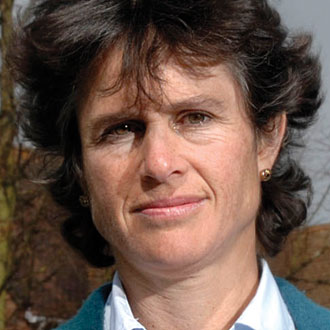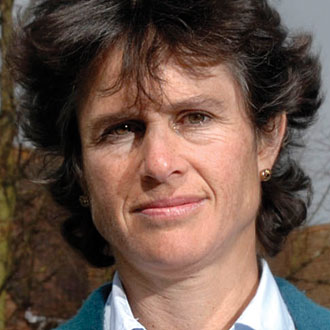Dr Fiona Cornish: Your ministers are trashing the NHS’s best asset


Dr Fiona Cornish
I hope that you had a positive experience last time you visited your GP. I imagine you attend regularly to monitor your diabetes, so you have plenty of opportunity to see general practice in action, and how it has changed since your government implemented the end of small practices. Did you have a chance to ask your GP about their job satisfaction?
Perhaps you weren’t aware of the value of the doctor-patient relationship, built up over years between a GP and their patient, seeing them through many challenging life events such as childbirth, terminal illness or bereavement? This continuity of care no longer exists in your new GP service, and my patients who have particularly suffered are the elderly, the mentally ill, and those who find it hard to engage with doctors.
As no monetary value can be attached to the benefits of this relationship, perhaps you were unaware of what was being jettisoned. However, when these patient groups are looked after by multiple GPs in big centres, my strong hunch is that their care will be more expensive. For example, a patient of mine with longstanding mental health problems, often consults me with new physical symptoms. If I did not have the knowledge and experience of her background, I would feel obliged to send her for many expensive medical investigations, in order to reassure her. She has learnt to trust my advice, and I often suggest that we wait and see whether the new symptom resolves itself, which it invariably does.
Your ministers have proposed replacing many GPs with pharmacists, physicians’ associates or nurse practitioners, in order to reduce the cost. The new primary care centres are staffed by many of these professionals. I have serious doubts about whether this is either cost effective or beneficial to patients. Nothing replaces the sixth sense of a longstanding GP, working like me for over 25 years in practice, to detect when someone is seriously ill. Working to protocols is all very well, but much of what presents in general practice is undifferentiated, not well communicated, and GPs are experts at interpreting these messy collections of symptoms.
A two-year training course as a physician’s associate is not going to produce someone with my diagnostic skills. This brings me on to the issue of why we don’t have enough GPs in this country. I have seen at first hand bright young doctors who were put off general practice by not feeling valued or appreciated, the heavy workload, the media bashing and scapegoating by ministers. I urge to you reverse these attitudes, and make it possible to revive the job satisfaction of being a GP. I have always enjoyed being a GP, for the patient continuity, the autonomy of running my practice, and for the community spirit of working with other local doctors.
Be very careful before you completely abandon all the best attributes of general practice with the Brave New World of federations and centralised providers.
Dr Fiona Cornish is a GP in Cambridge



 Oviva’s fully remote Tier 3 Weight Management programme
Oviva’s fully remote Tier 3 Weight Management programme





